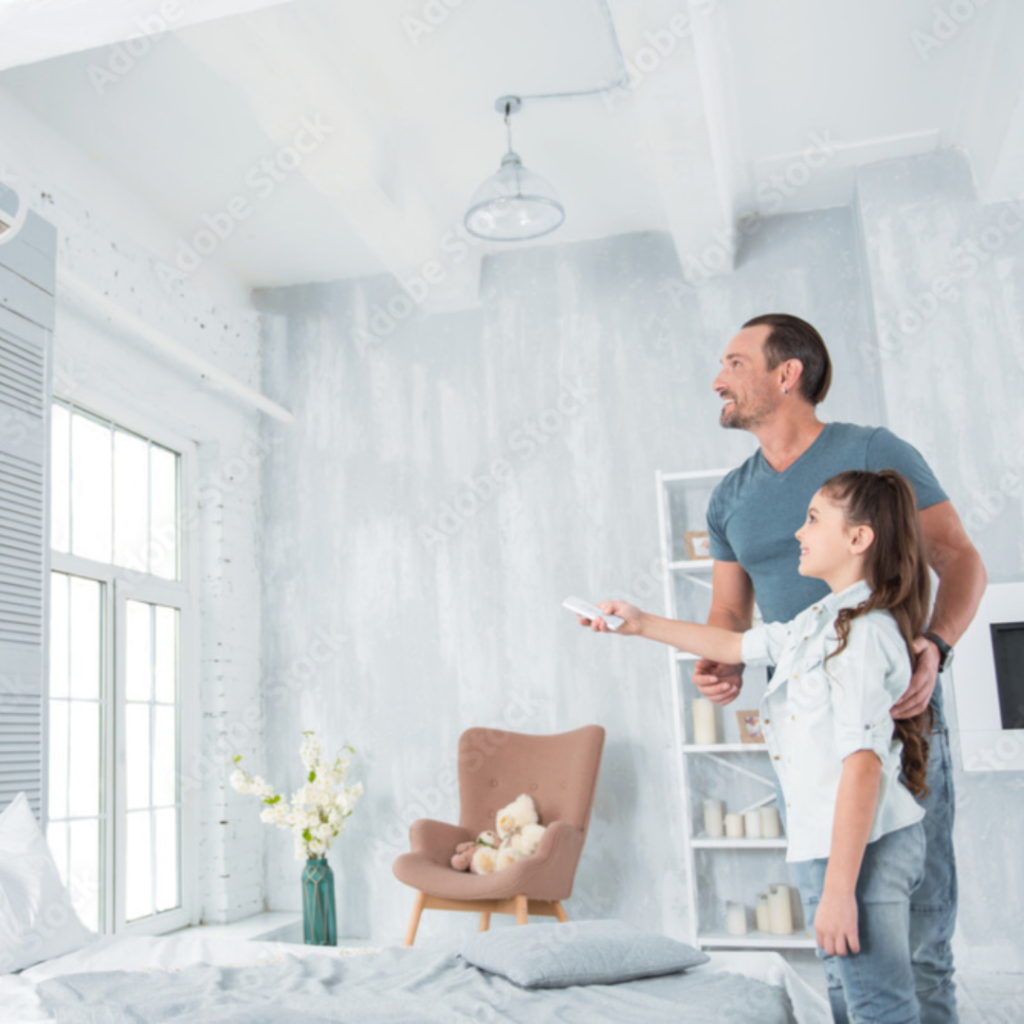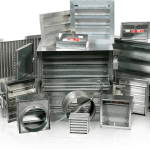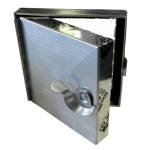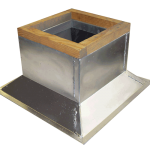
Keeping your home’s heating, ventilation, and air conditioning (HVAC) system running efficiently is crucial to maintaining a comfortable, cost-effective environment in your home or office building.
Use these tips and tricks to improve your HVAC system, improve airflow, and save money.
- Increase home air conditioning efficiency
- Improve HVAC airflow
- Fire dampers and safety with your HVAC system
- Make your old air conditioner work better
- Air conditioner tips for summer
How to Increase Air Conditioning Efficiency
According to the Department of Energy, the cost of heating and cooling can make up half of the utility operating costs of a home or office. Many people believe that the only way to improve the efficiency of your air conditioner is to pay for a costly upgrade. Fortunately, there are several no-cost ways to save money while also improving the comfort of your home or office space.
Quick and Easy Ways to Increase the Efficiency of Your Air Conditioner
1. Clean the outdoor condenser unit. Debris can cause a lack of airflow and make your unit work harder than necessary, increasing the operating costs and energy consumption. Check out this educational video for how to perform a routine cleaning on your air conditioning unit.
2. Know where the thermostat is and keep appliances and heaters away from it. Your thermostat regulates the temperature in a space by taking air measurements and then adjusting itself accordingly. When you increase the amount of heat around your thermostat, it thinks that the space requires more cool air, which will cause your system to run longer and work harder.
3. Add insulation to your ductwork. If you have ductwork that runs through an area of the building that isn’t subject to heating or air conditioning, ensure that there is enough insulation and that all leaks are sealed so that no air escapes.
4. Add curtains, blinds, or glass treatments to protect against the hottest hours of the sun. Direct sunlight can cause rooms to become hotter during peak daytime hours, causing your HVAC unit to work harder than necessary to keep the space cool. You can use decorative curtains, automatic or traditional blinds, or a window film that blocks UV rays.
Improving HVAC Airflow
Your HVAC unit also plays a role in the amount of airflow a space experiences. If you notice that there is decreased airflow or your HVAC isn’t operating efficiently, it may be due to one of these reasons:
Reasons for HVAC Inefficiency
Blocked vents: An HVAC system works in a circular fashion, with air being drawn in through the air handler, traveling through the ducts, and blown into each room. Although you can close vents intentionally, furniture and other items can unintentionally block vents, causing a disruption to the airflow.
Dirty vents: When your vents or ductwork accumulates dust or other debris, it can block airflow. Make sure you are cleaning your vents regularly and checking for any large debris every few months.
Dirty Air Filters: Another issue that can impact airflow in your HVAC is a dirty filter. Air is pulled through these filters to remove dust and allergens from the air before being pushed into a space. Make sure you change or clean your filter regularly and purchase the correct type of filter for your unit. Different filters have different ratings and weaves to remove more allergens, but the tighter the weave of your filter, the harder it is for air to flow through.
Schedule and follow through with routine maintenance for your HVAC and fire dampers. Keeping your system working efficiently means ensuring that nothing is broken, leaking, or closed that shouldn’t be. Visits from a certified technician can also make sure that your smoke and fire suppression system is working correctly by checking the functionality of your fire dampers.
Fire Dampers and Safety with Your HVAC System
Fire dampers help protect buildings and occupants from damage during an emergency. However, it’s essential to ensure that your fire dampers are working correctly. Add the dampers to your scheduled maintenance and ensure all applicable regulations are followed during installation and beyond.
Fire dampers are important for more than the efficiency of your HVAC system. In an emergency, a functioning fire damper can be the difference between a safe evacuation and the loss of life. Keeping your fire dampers up to code and functioning properly will help keep your space safe and comfortable.
How to Make Your Old Air Conditioner Work Better
Keeping your old air conditioning unit performing at its best is a matter of being proactive about cleaning, maintenance, and efficiency. Although your HVAC unit won’t live forever, there are things you can do to extend its life by months or even years.
Keep your condenser coils clean. When the coils become dirty, it makes it more difficult for the unit to release the warm air pulled from inside. Make sure to clean your condenser coils at least once per year or pay a professional to do it for you.
Lower the temperature inside. Your HVAC unit can only change the temperature a certain amount from inside to outside. The closer the indoor temperature is to the outdoor temperature, the less pressure you put on your air conditioner. The Department of Energy recommends keeping the temperature at 78 degrees in the summer to maximize your energy savings and keep your HVAC running smoothly.
Schedule regular maintenance for your unit. Once per year, hire a professional HVAC contractor to come out and conduct an inspection. This preventative measure can help identify issues before they cause problems and can extend the life of your air conditioner.
Air Conditioner Tips for Summer
It’s easier than you may think to save money and maximize the energy efficiency of your air conditioner, especially during the summer.
Tips to Improve AC Efficiency
1. Ensure there is enough insulation in your walls, attic space, and crawl space, if applicable. This will prevent cool air from being lost.
2. Install ceiling fans. When cool air can circulate, you’ll automatically feel cooler. Ceiling fans are an easy and affordable way to cool your home during warmer months without putting a burden on your air conditioner.
3. Use a smart thermostat. If you constantly forget to turn your air conditioning up when it’s not in use, a smart thermostat can be a great way to save money and energy, especially during the summer. These thermostats connect to your HVAC unit and work with your WiFi to learn your routine and adjust automatically. You can even change the temperature remotely.
With preventative maintenance and a thorough cleaning schedule, it’s easier than ever to keep your home’s air conditioning system running efficiently year-round. Whether you’re building a new office or looking to increase the safety and efficiency of your home, Lloyd Industries has the fire dampers you need to stay comfortable and safe.




